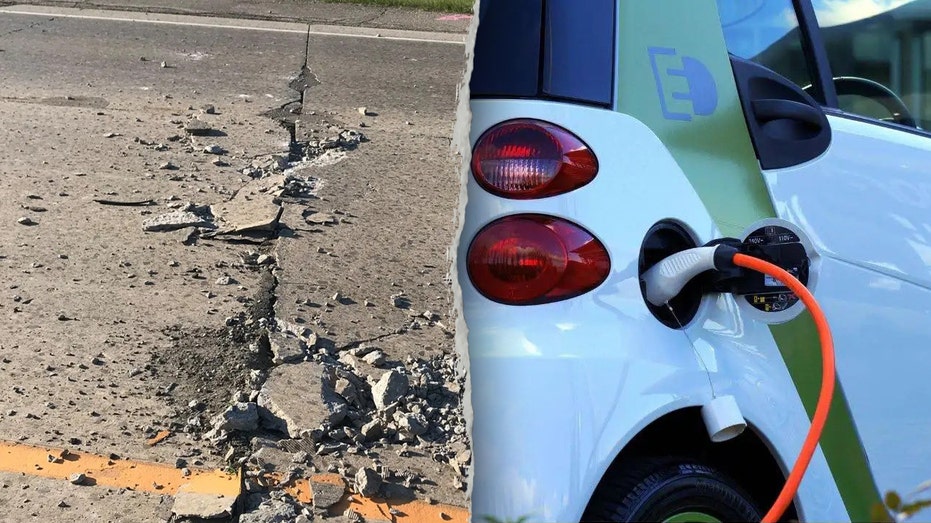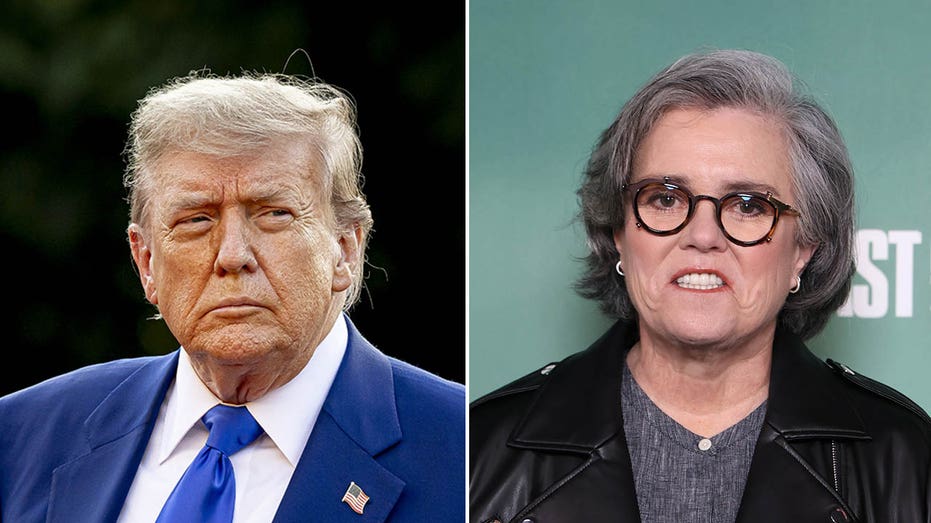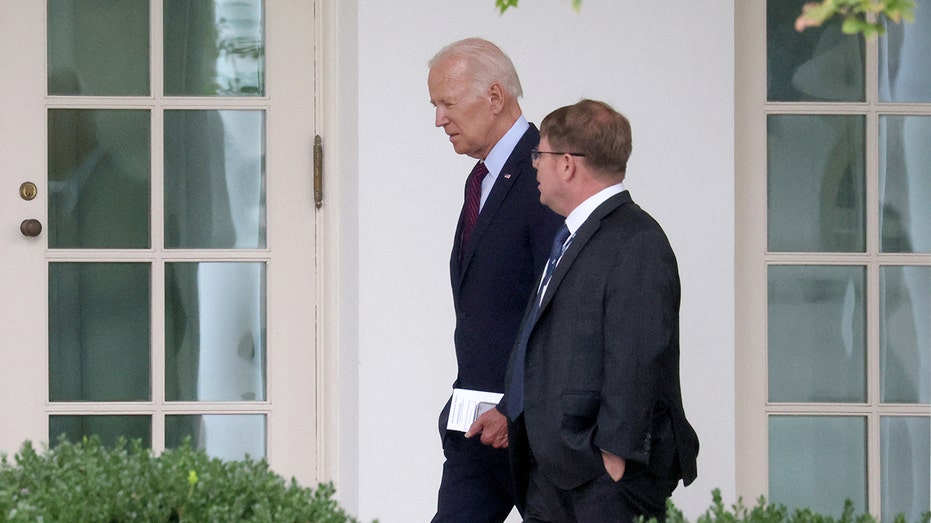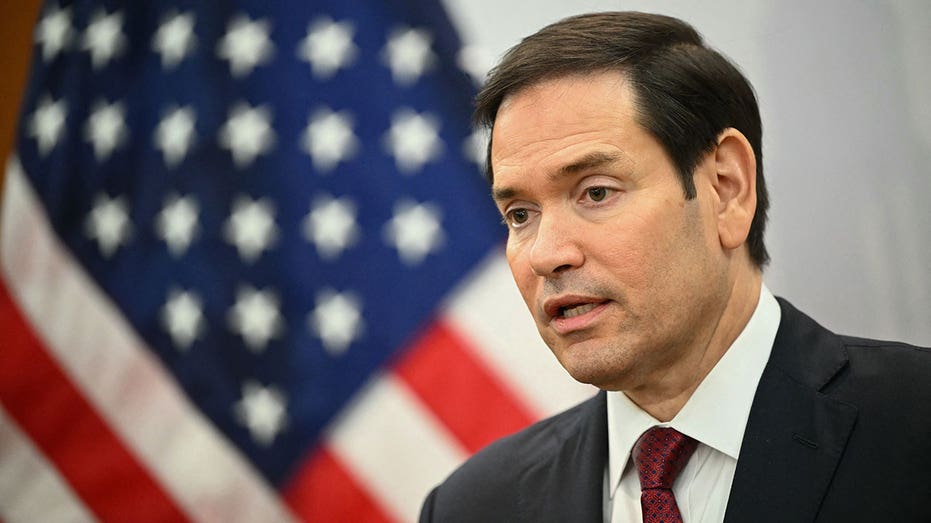Clean Air Mandates Spark Gas Tax Revenue Crisis for Roads and Bridges

Sarah Johnson
March 24, 2025
Brief
States face major infrastructure funding shortfalls as gas tax revenues fall due to electric vehicle adoption and clean air mandates, prompting debates over new fees and fiscal strategies.
The race toward cleaner air and electric vehicles (EVs) is coming with a hefty price tag for America’s roads and bridges. As gas tax revenues nosedive, states are scrambling to find ways to fund infrastructure projects. An energy policy expert points to clean air mandates as a major culprit in this financial quagmire.
Gas tax revenues, which historically fund road and bridge maintenance, are plummeting under the weight of aggressive climate policies. Take Oregon, for example, where the Department of Transportation is staring at a $350 million budget shortfall, partly due to dwindling gas tax receipts. California, a pioneer in zero-emission vehicle mandates, could lose a staggering $5 billion—or 64%—in infrastructure funding over the next decade.
Jason Isaac, CEO of the American Energy Institute, claims states lose an average of $2,506 in gas tax revenue for every EV sold. He argues that federal mandates forcing automakers to prioritize EV production are worsening this revenue crisis.
"The federal government’s regulations on electric vehicles are creating a profound financial gap in the funds needed for highway infrastructure," Isaac stated. He also highlighted that most automakers are hemorrhaging money producing EVs, with Tesla being the exception, thanks to its lucrative emissions credit sales. Without those credits, even Tesla would reportedly struggle to turn a profit.
Isaac criticized the market dynamics created by these clean air mandates, calling them destructive. He noted that fuel economy requirements and emissions credit systems have birthed a "multi-billion dollar market out of thin air"—one that, in his view, fails to improve actual fuel efficiency.
A recent study by McKinsey & Co. underscores the public’s lukewarm reception to EVs. About 46% of U.S. EV owners are "very likely" to revert to gas-powered vehicles, citing limited charging infrastructure and range anxiety as deal-breakers. If that trend continues, this revenue dilemma could snowball.
To address the shortfalls, states are exploring options such as mileage-based road usage fees, taxes on EV charging stations, and higher registration fees for EVs. However, these solutions come with their own set of challenges. For example, Isaac warned that a vehicle-mileage tax could disproportionately affect lower-income individuals who live farther from urban job centers.
Raising the federal gas tax is another proposal gaining traction. However, Isaac believes better fiscal management is the real solution. "We don’t need to raise taxes; we need to spend our dollars more efficiently," he said, adding that smarter spending could ensure funds are directed toward maintaining the nation’s infrastructure.
The debate over how to balance environmental goals with fiscal stability is far from resolved. But one thing is clear: the road to a greener future is riddled with financial potholes.
Topics
Editor's Comments
Here's the million-dollar irony: while EVs promise a cleaner, greener world, they’re simultaneously wreaking havoc on the very roads they’re supposed to save. It’s like robbing Peter to pay Paul—with Peter driving a Tesla. This dilemma is a fascinating peek into how good intentions can clash with fiscal realities, and it’s hard not to wonder if we’re rushing into this EV revolution a bit too fast without a clear financial roadmap.
Like this article? Share it with your friends!
If you find this article interesting, feel free to share it with your friends!
Thank you for your support! Sharing is the greatest encouragement for us.



